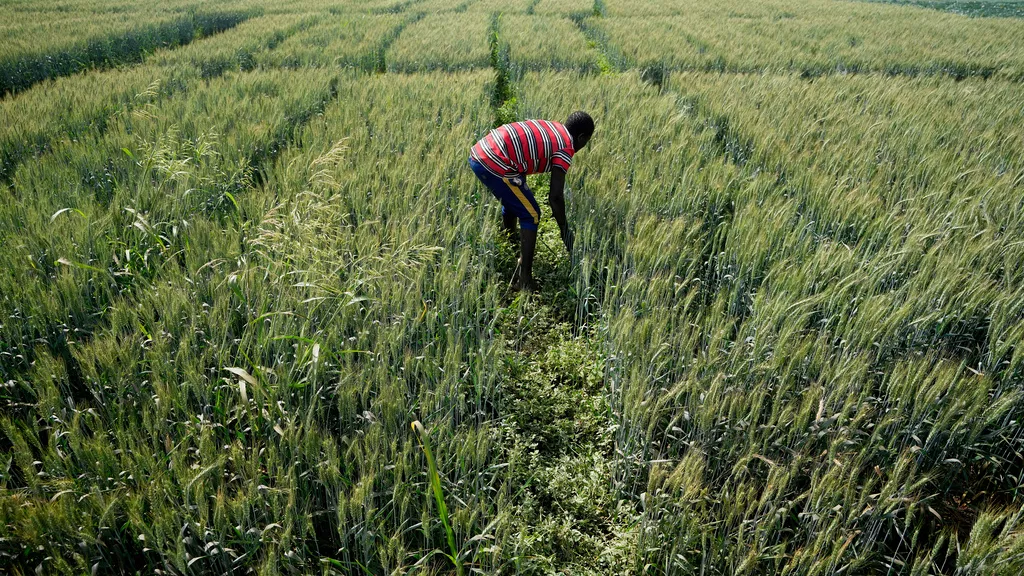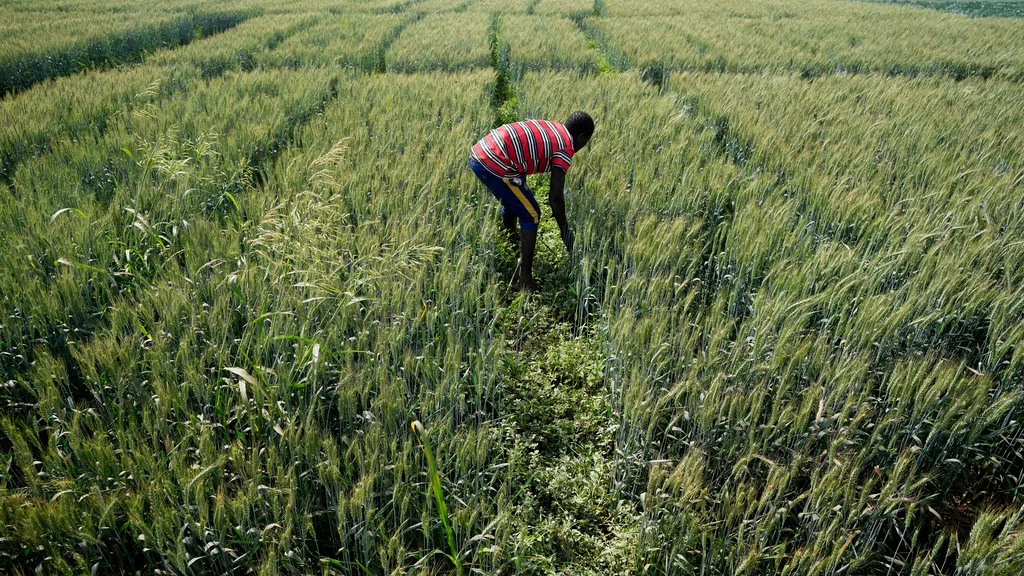Genetically modified organisms (GMOs) have been present in Nigeria’s food supply since 2019, but the discussion around this contentious agricultural technology flared up again recently after medical influencer Chinonso Egemba shared a video praising GMOs.
The video, posted on Thursday and viewed over 5.9 million times on X, stirred controversy, especially after resurfaced images showed Egemba’s 2023 meeting with U.S. billionaire Bill Gates. Gates has heavily invested in GMO initiatives across Africa, including a $2.8 billion contribution to Nigeria’s health and food sectors.
Many viewers voiced concerns about foreign influence in promoting GMOs in Nigeria. One user, @Jenslaw, described GMOs as “a 21st-century slavery tactic aimed at recolonizing Africa by controlling its population through their food supply.”
The backlash prompted a response from Nigeria’s GMO regulatory body on Thursday. The National Biosafety Management Agency (NBMA) reassured the public via Facebook, stating: “GMOs are trending, and we acknowledge your concerns! NBMA guarantees that all GMOs approved in Nigeria are safe for both people and the environment. Our regulations strictly adhere to WHO and Codex standards.”

GMOs as a Potential Solution to Nigeria’s Hunger Crisis
This renewed debate comes amid rising worries about food shortages. The UN World Food Program recently declared Nigeria is experiencing “an unprecedented hunger crisis,” with nearly 31 million people urgently needing food assistance.
Supporters of GMOs argue the technology could help address food insecurity, especially as climate change threatens agricultural yields. GMO crops are engineered to withstand droughts and resist pests, making them more resilient.
Concerns About ‘Neo-Colonial’ Influence
However, critics caution that the strong presence of Western corporations in the GMO sector could increase Nigeria’s dependence on foreign entities for its food supply. Strict intellectual property rights on GMO seeds mean that small-scale farmers might face legal risks if they try to reuse seeds instead of buying new ones annually.
Environmental group Greenpeace warned, “GMOs worsen food insecurity and jeopardize food and seed sovereignty by trapping farmers in debt cycles, limiting their ability to grow more food.” The organization labeled GMO technology as ‘neo-colonial.’
Fears of Western interference escalated after a joint investigation by Lighthouse Reports revealed that a U.S. government-funded PR agency targeted critics of GMOs in Africa and Asia.
The Wider African Context
South Africa leads the continent in GMO cultivation, having approved the most GMO crops. Other nations like Kenya and Ghana have started trialing GMO crops. Meanwhile, countries such as Algeria, Madagascar, and Zimbabwe have banned GMO cultivation and imports due to concerns about biodiversity.
Since 2024, Nigeria has officially approved two GMO crops—maize and cowpea—for commercial sale, with 33 additional crops authorized for trials.



